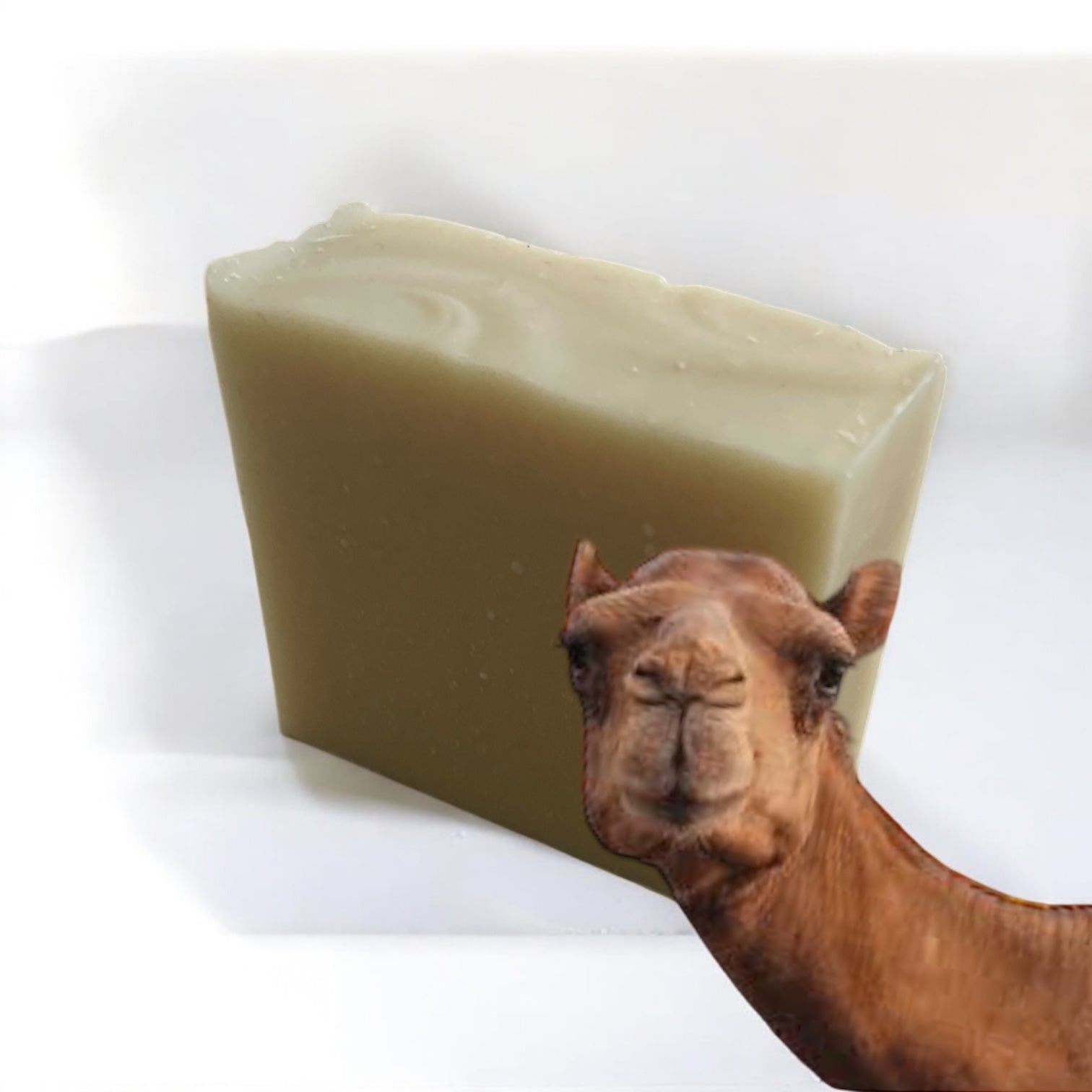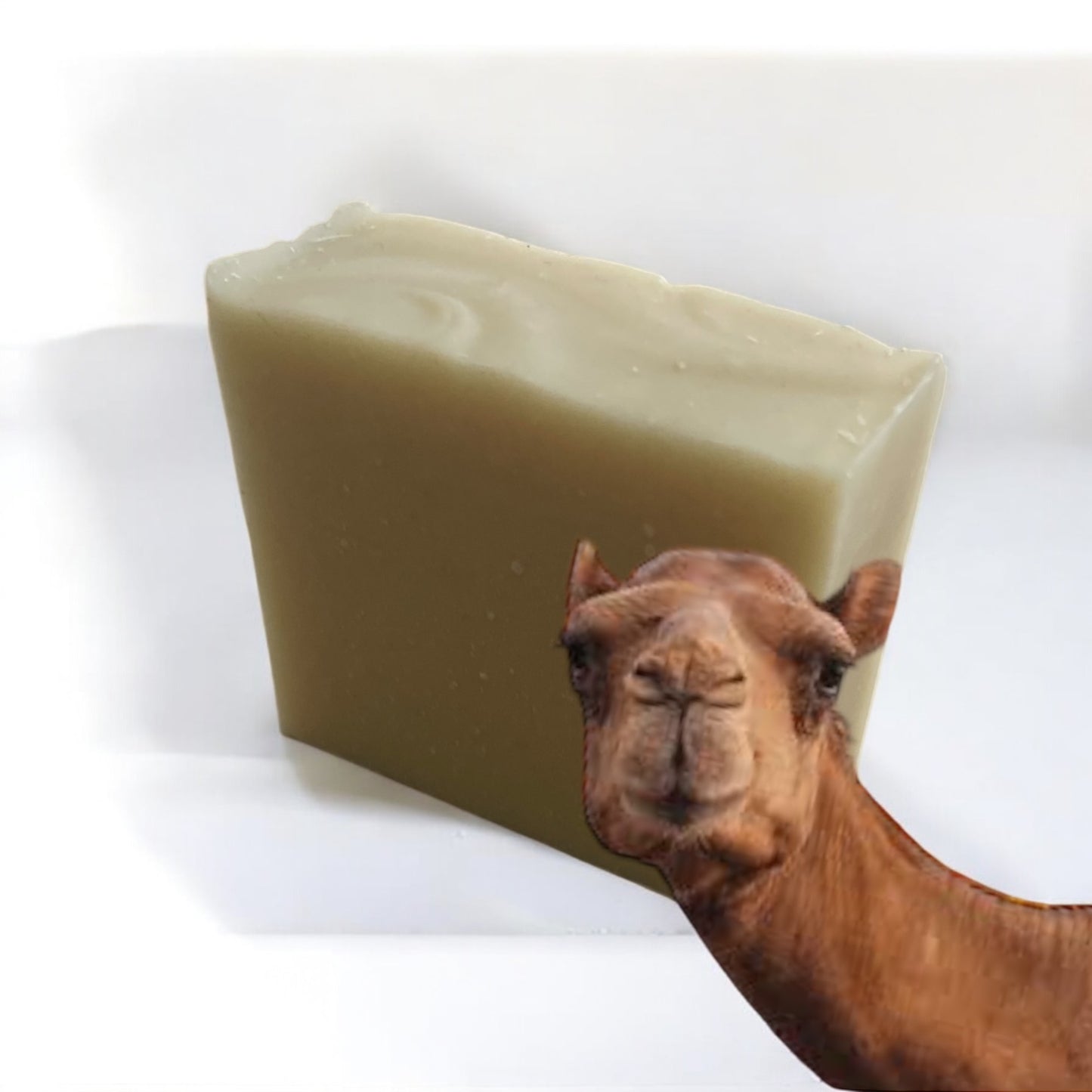
Browse the Oils in Soapmaking
Partager
🌿 A Sensory Journey into the Art of Soap 🌿
If you have immersed yourself in the fabulous adventure of soap making, you know to what extent oils and fats are the protagonists of this soapy saga. The diversity is such, from common to rare oils, from precious to the most affordable, that we can feel a little lost in this vast olfactory palette.
The Quest for Oils: A Sensory Experience
Over the years, I have explored this rich and complex world, testing a multitude of oils. Of course, I couldn't experience them all, because there are HUNDREDS! However, I have developed my own little preferences. Let me guide you through this aromatic mosaic.
1. Enchanting Coconut Oil
In soap making, coconut oil is a star that shines brightly. Why this fascination? It shapes a robust soap, gives it excellent washing power, and, of course, it gives rise to an exquisite foam. Lather is the essence of today's popular soaps, and coconut oil reigns supreme in my recipes and those of many soap makers.
At Moderate Dosage: Limit yourself to 30 to 35%, because too much coconut can make the soap aggressive and irritating to the skin.
Enchanted Alternatives
If you want to diversify your creations, alternatives such as babassu oil or palm kernel oil offer similar properties, opening new olfactory horizons.

2. Sweet Romance with Olive Oil
Ah, olive oil! Soft, fragrant, it evokes the summer sun. Beyond its taste qualities, it proves to be a perfect companion in soapmaking. It provides unrivaled softness without compromising the strength of the soap.
Please note: Respect a limit of 40 to 50% to avoid a long curing period.
Harmonious Alternatives
Faced with the uniqueness of olive oil, alternatives like canola oil and oleic sunflower oil prove to be worthy companions, bringing their own sensory symphony.

3. Castor Oil Spell
Castor oil, an enchantment in its own right. Although it does not generate foam on its own, it increases the quality of the foam when combined with foaming fatty substances such as coconut oil. A pure delight for the senses.
Caution: It considerably speeds up the trace, so use it sparingly, between 5 and 10%.
Magical Alternatives
No alternative can match the one-of-a-kind magic of castor oil.

4. Sunflower, the Surprise
Often underestimated, sunflower oil has many surprises in store. In soap making, it proves to be a formidable ally, bringing softness and subtlety.
Beware of Rancidity: Use between 5 and 10% to avoid unpleasant surprises.
Alternatives in Light
If sunflower doesn't appeal to you, explore other alternatives, from precious oils to local oils like canola oil, an inexpensive and abundant alternative.

Explore these oils, let your senses guide you, and create soaps that tell your own sensory story. The magic operates through each drop of oil, each fragrance that awakens the senses in this ancestral art of soapmaking.
Yours sincerely
Natalie Marchand
QuinteSens soap factory


